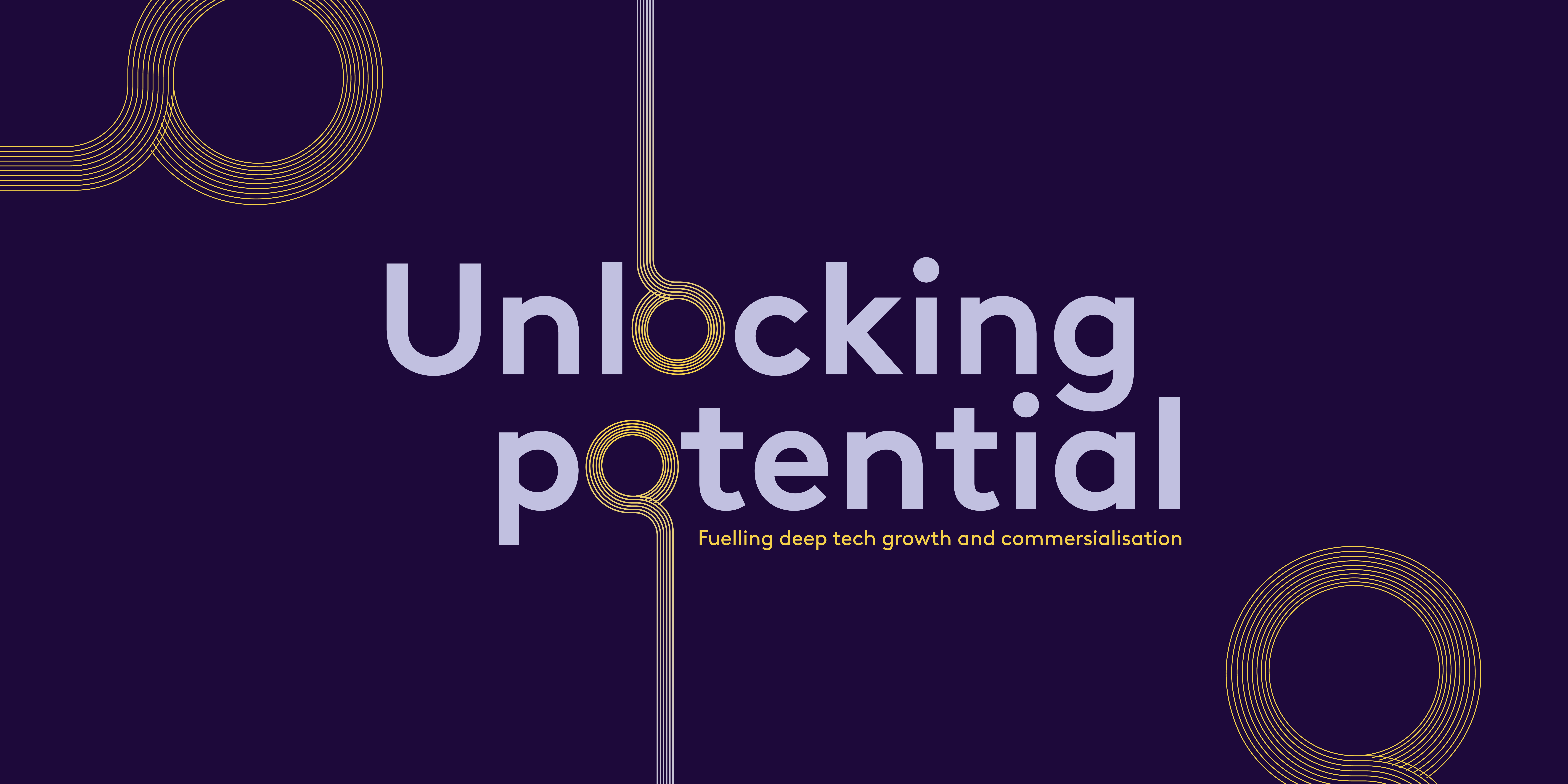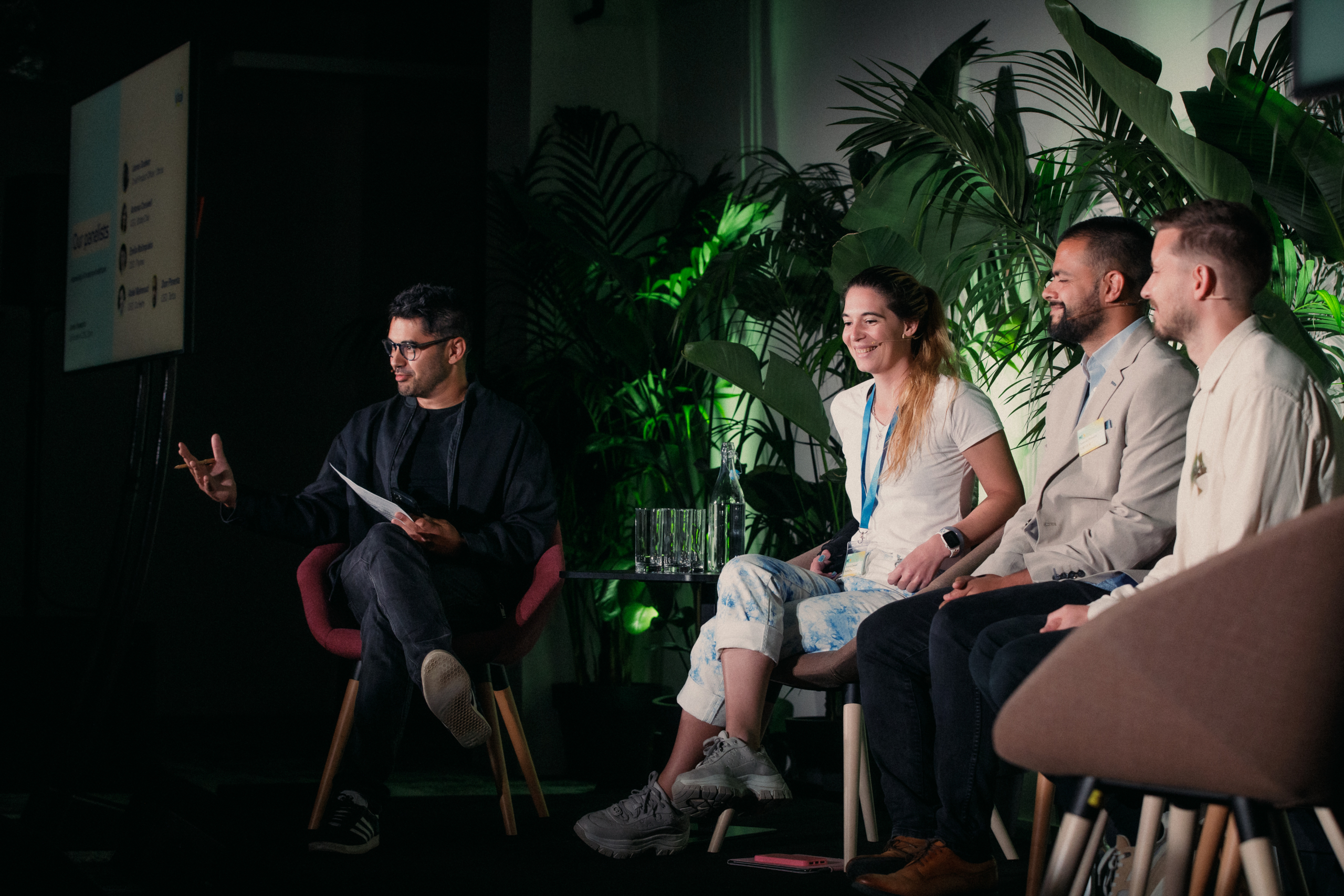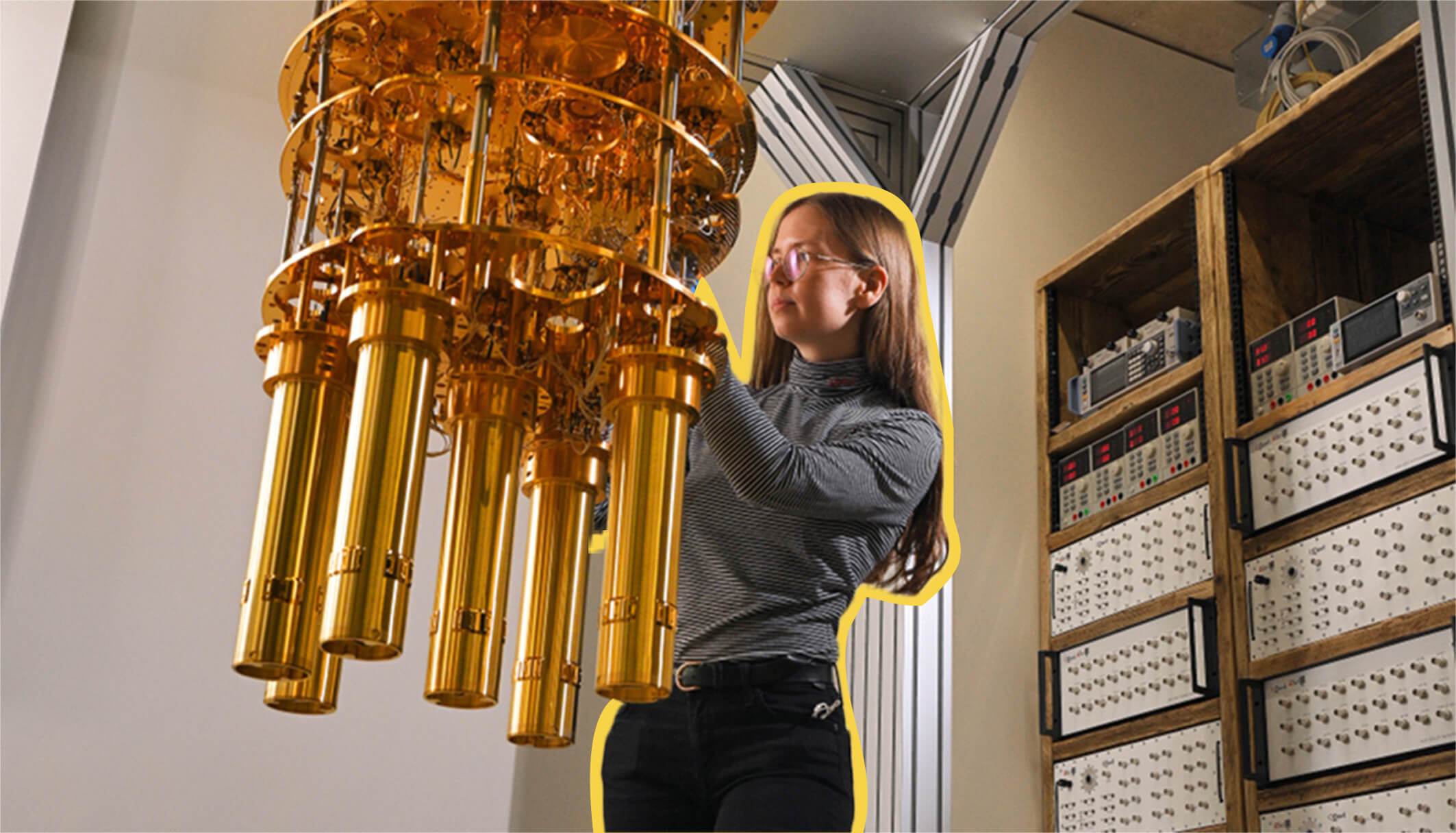Backing the best; changing the way we listen
Foreword from Alliott, our Co-CEO:
Founders are astonishing people. They bring together huge ideas with drive, leadership and passion that you will seldom find in any other part of life, and we need to encourage more of them. While venture capital has unleashed some world-changing people and ideas, we’ve failed to ensure we hear from every part of society and back ideas that help people far from our own lived experience. That needs to change — and I believe Octopus Ventures should lead that change. We need to take bold action to ensure that the investments we make reflect the world around us. Below, my colleague Isha sets out a roadmap that will not just make diverse investment a process or target but will make it a natural part of our culture. I truly believe doing this will make our business stronger, and will help us support an incredible set of businesses that we wouldn’t find today. I’m excited to see the work outlined in this post come to life, and to share our learnings and successes with the community in the coming months and years.
Backing the best; changing the way we listen
Octopus Ventures backs the people and ideas that are changing the world. To make this statement complete, we’d like to add ‘no matter who those people are’. Our portfolio needs to be more representative in order to better reflect the world we’re looking to change. This isn’t simply a statement of what’s right, but of performance: research shows diverse founding teams create more innovation and better business outcomes, and result in superior returns over the long-term, including overall financial performance, valuation increases and multiples on invested capital when companies are acquired or go public.
From an industry standpoint, we have all seen the disheartening results when it comes to diversity data. One example of this has been highlighted by the work of the Rose Review, which was initially commissioned by The Treasury in 2019 and updated earlier this year. The Review shed renewed light on the barriers faced by women starting and growing businesses and identified ways of unlocking this untapped talent. In the last three years, total VC investment in female founders is under 5%. This is a shocking statistic, especially when set against the fact that over 145,000 newly founded businesses in the UK were led entirely by women in 2021, a figure which is growing by a third every year.
We have a shared ambition across Octopus Ventures to strengthen the UK’s position as one of the best places in the world for women to start and grow a business.
There needs to be a systemic overhaul to correct the current statistics. We are putting our cards on the table and sharing the commitments we’re making to becoming a more diverse investor, as well as the actions we are taking to make this goal a reality. We know there will always be more we can do; we will judge ourselves, and no doubt will be judged by our stakeholders, on the progress we make in the coming months and years.
These are Octopus Ventures’ four commitments:
- We’ll continue to back the best
Our commitment is to diversity in its fullest sense – giving an equal shot to everyone, regardless of culture, race, gender, economic status or any other characteristic.
We recognise we cannot treat people as uniform groups with identical needs. We have to celebrate them for all the components that make up their individuality, and we’ll back them because this uniqueness makes them the best.
However, we’re not here to fill a quota. We will always back founders because we believe in them and their ideas. We’ve led investment in some of Europe’s most exciting female-led businesses, including the largest ever fem-tech funding round with Elvie. Sure, the business is led by a brilliant woman, but she is also simply, a brilliant entrepreneur.
The challenge we face is that many entrepreneurs are overlooked and underestimated because of who they are or where they come from. We know this from looking at our own experience, from working with the Rose Review and from speaking to a range of experts in this area, like Held, consultants in the diversity, equity and inclusion space.
- Calibrating Equity
We will hold ourselves accountable. We are setting ourselves clear, measurable targets that will define how we are working with, engaging with and listening to the broadest and most inclusive group of founders.
Our initial focus will be female entrepreneurs. Since 2016, 23% of the businesses we’ve backed have had a female founder, but we know we can do better. We‘ve set a challenge to our investment team: By 2025, 30% of all new founder pitches to our investment team must be businesses led or co-led by a woman and by 2027, we’ll increase that number to 50%. Based on the learnings we acquire through this commitment, we’ll establish further goals to help us achieve better outcomes across the full spectrum of diversity.
Until now, we actually don’t know how many pitches we receive from female-led businesses. As a starting point to reach our commitments, we are now formally tracking both the number of female founder pitches to our investment team as well as our investment into our female-led businesses. We are determined to grow the Venture ecosystem so that we can connect to the widest, broadest, most inclusive audience possible. We‘re not just looking for the entrepreneurs of today but also the founders of tomorrow.
But how do we meet more diverse teams? We’ve appointed “Equity Chiefs” within each of our specialist sector teams. Their role is to discover and connect with new networks and communities, as well as to call out bias and change antiquated process where it exists. Our Equity Chiefs will be responsible for monitoring our work to pro-actively find and attract new founders, as well as the capital we invest into diverse founding teams. They meet monthly to share ideas, discuss origination challenges and lead new initiatives to help tackle every barrier that stands between our investment and the least-represented founders. Every six months, we will rotate the responsibility, offering different members of our team the chance to break out of our norm, allowing us to benefit from different perspectives, and ensuring that our updated mindset and working practices are firmly embedded throughout our team.
To be clear, our Equity Chiefs are not only focused on female founders, but equity in all its forms. We’re determined to change behaviours within our own organisation, and to deliver better outcomes.
- Changing the way we listen
Ensuring diverse businesses thrive requires collective action from angel investment through to exit and beyond. As a venture investor, we must ensure our own biases and processes are not an impediment for diverse companies to grow. We recognise origination is not the only point at which we should enact change. We must also be inclusive both in design and deliberation.
Diversity is being invited to the party; inclusion is feeling like you can dance
Vernā Myers
It’s a fact that male founders are asked different questions to female founders. Where men are asked about the potential for gains, women are asked about losses. That fact exposes the pre-conceptions and biases that any of us can bring into an investment meeting.
We want entrepreneurs to know we are changing the way we listen. The first step in this process is to acknowledge and confront our own shortcomings.
We provide training to help address the issue of unconscious bias, and we ask every founder the same set of questions. These actions are the beginning and not the end; they are not enough to eliminate preconceptions of what good looks like. The only way we can truly ensure that we do not define “every founder geared for success” as one who possesses the same strengths or indeed shares qualities similar to our own is to ensure that our people aren’t all the same. Venture investing teams who are diverse are more likely to fund diverse founders. Since we funded our first business in 2008, we’ve been working to make our team and the businesses we invest in as balanced as possible. We’ve grown the proportion of women in our team from 31% five years ago to 48% today and we’ve grown our proportion of ethnic minorities from 11% to 26%. The further we can go in making our investment team look like the world we live in, the better we can be at listening to – and understanding – a diversity of viewpoints and opportunities.
- Sharing our efforts
We are starting with a focus on female-founders, but our commitment is to improve diversity outcomes everywhere. We ask for anyone to get in touch if they have additional ideas or wish to learn more about ours.
As signatories to the Investing in Women Code, we’re committed to adopting best practices that will benefit entrepreneurs and promote transparency across the industry. This year, our Co-CEO, Emma Davies, joined the board of the Rose Review, with the aim of uniting the VC industry around the goal of an industry-wide increase in funding for female-led businesses. We are excited by the conversations we’ve been hearing across the VC ecosystem, through networks such as VenturesESG. There’s a real build-up of energy behind the topic, and an exciting willingness to collaborate, to come to the table and share ideas.
To quote Emma in City AM: ‘There are lots of good, creative conversations and some striking initiatives already underway across the industry. But we need to get results and make every initiative count.’
We know we don’t have all the answers, but we’re focused on building the right foundations to ensure better representation in our investments is the default outcome. If we can get this right, we can unleash a wave of innovation. If women started businesses at the same rate as men, it would bring an extra £250 billion to the economy; the VC industry could and should play a key role in making that happen.
We’ll keep you updated on our progress, and share what we learn with and from the wider industry, VC community and entrepreneurs we work with. Collectively, we can ensure no person or idea with the potential to change the world is ever overlooked again. If you have any additional ideas, or want to learn more about ours, please do reach out.














